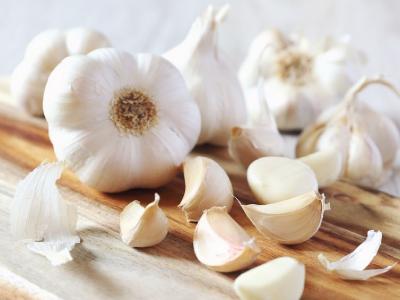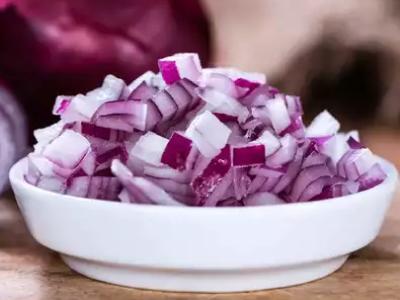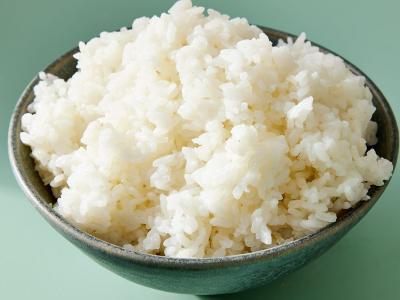Caution in Winter: Four Foods That Transform Into Harmful Substances When Refrigerated
By Lokmat English Desk | Published: December 29, 2023 05:34 PM2023-12-29T17:34:27+5:302023-12-29T17:34:27+5:30

While the refrigerator is commonly used to prevent food spoilage, certain foods are exceptions to this practice. Refrigerating them can actually turn them into toxic substances. These toxins pose significant risks to the body, with potential effects that hinder the formation of cancer cells.

Health coach Dimple Jangra strongly advises against refrigerating four specific foods. Storing these items in the fridge can be more detrimental, particularly during the winter. Let's explore what those four foods are.

Never store peeled garlic openly or in the refrigerator, as it is prone to developing fungus rapidly, posing health risks. It is advisable to purchase unpeeled garlic, peel it only when necessary, and store it at regular room temperatures.

Onions, known for their resilience to low temperatures, should not be refrigerated. When stored in the fridge, the starch in onions transforms into sugar, creating an environment conducive to fungal growth. Keeping partially chopped onions in the refrigerator may also encourage the proliferation of unhealthy bacteria in the surroundings.

Storing ginger in the refrigerator can lead to rapid fungal growth, posing a potential risk factor for kidney and liver failure due to the toxins produced. To ensure safety, it is recommended to keep ginger at regular room temperatures and maintain cleanliness in storage.

A common error in many households is refrigerating leftover rice. However, if compelled to refrigerate, it is crucial not to exceed a storage period of 24 hours to prevent potential risks.























